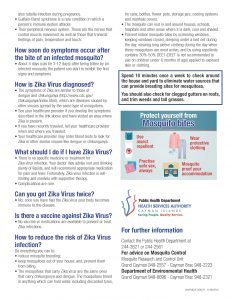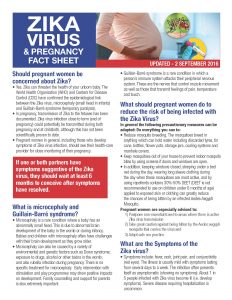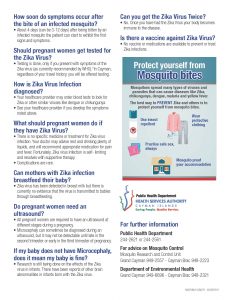Cayman Islands MRCU says GMM project is on track. Now five locally transmitted cases
The Cayman Islands Mosquito Research and Control Unit (MRCU) has said the progress of the Genetically Modified Mosquito (GMM) project that was initiated in the district of West Bay on 28 July is “on track”.
Dr. Bill Petrie, the unit’s director, said “fluorescent markings beginning to appear in the collected, wild aedes aegypti population.”
A press meeting to update the media on the progress the MRCU were with the battle against the Aedes aegypti that carries the Zika disease was held last Tuesday (6).
Dr Petrie also said there had been an unprecedented number of requests for treatment of homes and workplaces around Grand Cayman. Many of those addresses were of pregnant women. Others were from persons seeking “peace of mind” testing.
Also present at the meeting was Dr Samuel Williams-Rodriguez, acting Medical Officer of Health. He said the Health Services Authority (HSA) were going to have to introduce a fee of $100 to cope with the increase in demands for spraying.
The HSA Director said, ““Since the last update of Wednesday, 17 August 2016, ten additional results have been received from the Caribbean Public Health Agency (CARPHA); two of which returned positive.”
This brings the number of confirmed cases of locally transmitted Zika up to five.
“The number of imported cases remains unchanged at six,” Dr Williams-Rodriguez reported.
There are no plans to include the district of George Town in the current GM mosquito trials at present. It would require additional permits and that takes time.
Dr Petrie said the “GM Mosquito was a long-term project and not a disease outbreak control”.
Although community leaders have asked the HSA to provide specific details on where Zika outbreaks were occurring this has not been provided. Dr Williams-Rodriguez said it would serve no purpose to identify specific transmission locations “as it may give a false feeling of security”.
There is increased aerial spraying over inhabited areas of the island in the day, with insecticides and fogging trucks to spray urban areas. There is also a liquid insecticide being sprayed onto walls that protects sites from more mosquitoes entering a given area. It is called a barrier treatment and is being used on all of the islands’ pre-schools.
Larvaesides are being carried out by teams from the MRCU on the ground as well as thermal fogging to kill adult mosquitoes.
See attached Fact Sheets.









